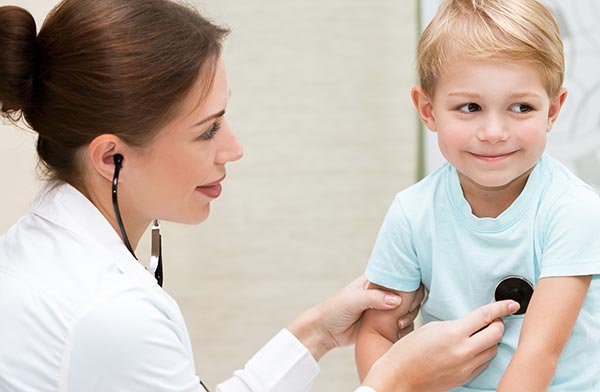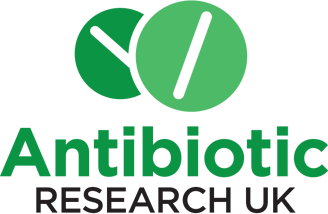Bacteria, Infection & Sepsis
Bacteria in the body
We host more bacterial cells in and on our bodies than we have our own cells (There are about 100 trillion bacteria in or around your body right now). Some are completely harmless to us, and some are even beneficial in the right numbers, such as those that live in a healthy human gut. Studies suggest that disrupting this natural range of bacteria (our microbiome) can cause health problems such as diabetes and obesity. Find out more about these and other bacteria that colonise our bodies.
There are millions of different types (species) of bacteria in the world, and each species will have a number of different ‘strains’ with unique properties, such as antibiotic resistance or an adaptation to a specific environment. Find out more about different types of bacteria.

Bacterial infection
Some bacteria produce chemicals that are toxic to the body. As bacteria can often multiply very quickly, these toxins can build up and damage body tissues, causing a range of unpleasant and often dangerous symptoms. While our immune system can fight off many of these harmful bacteria, sometimes the bacteria may be too aggressive, or our immune system may be weakened by illness or surgery. That is when antibiotics are used to help fight the infection.
Some common infections that can be caused by bacteria are:
All these infections are caused by bacteria that exist on or inside the body already. Sometimes the bacteria are introduced, for example when a person is injured or undergoes a medical procedure. Find out why hospital-acquired infections, such as most outbreaks of superbugs like MRSA, are a common occurrence.
Sepsis
Sepsis is a serious complication that can arise in people who have a severe bacterial infection that has spread throughout the blood to other parts of the body. Without rapid antibiotic treatment, it is possible for sepsis to cause multiple organ failure, resulting in lifelong disability or even death. Find out more about sepsis.
Antibiotic treatments
Antibiotics are a type of drug used to treat bacterial infection. Find out more about antibiotics.
Sometimes, bacterial infections become resistant to multiple types of antibiotics. These infections can be very hard to treat. That is why we are committed to funding research into new antibiotics, antibiotic combinations and treatments, as well as educating the world about how to prevent antibiotic resistance. We are also dedicated to providing support for people affected by resistant infections.

Please help support crucial research into new antibiotic therapies and education programs to help ensure a safer future for you and your loved ones.
Non-bacterial infection
It is possible for other microbes to cause infections. For example, coughs, colds and the flu are usually caused by viruses and not bacteria. Athletes foot and thrush are caused by fungi.
While there are treatments for these conditions, antibiotics only work on infections caused by bacteria. That is why doctors often don’t offer antibiotics to some patients, even if they ask for them. If antibiotics are used on viral or fungal infections, they will not help with the illness. Using them incorrectly increases the risk of antibiotic resistance.

